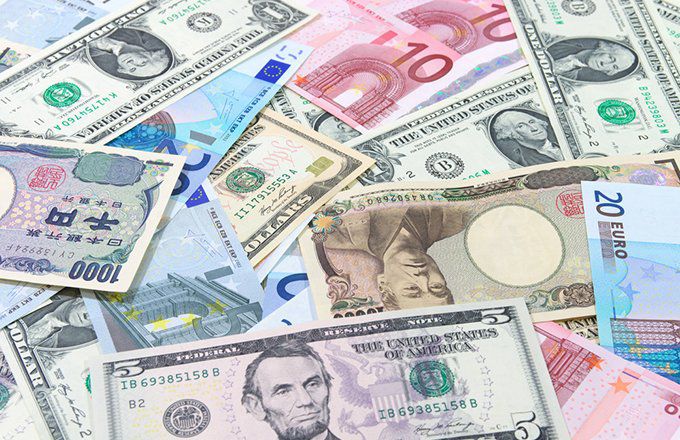
What Is Forex Spread Betting?
Forex spread betting allows speculation on the movements of a selected currency without actually transacting in the foreign exchange market. It’s a category of spread betting that involves taking a bet on the price movement of currency pairs.
Key Takeaways
- Forex spread betting allows speculation on the movements of the selected currency without actually transacting in the foreign exchange market.
- The three components of a forex spread bet are the direction of the trade, the size of the bet, and the spread of the instrument to be traded.
- The advantage of forex spread betting is that it gives traders the ability to use the concept of leverage when placing a trade.
- Traders don’t have to own any currency to engage in forex spread betting.
Understanding Forex Spread Betting
A company offering currency spread betting usually quotes two prices: bid and ask. This is referred to as the spread. Traders bet whether the price of the currency pair will be lower than the bid price or higher than the ask price. The narrower the spread, the more attractive the currency pair becomes because the cost of entering and exiting a trade, referred to as the transaction cost, is lower.
How Does a Forex Spread Bet Work?
The lure of forex spread betting and spread betting in general lies in its simplicity. Every spread bet has three main components:
- The spread of the instrument
- The direction of the trade
- The size of the bet
The advantage of forex spread betting is that it allows traders to use the concept of leverage when they’re placing a trade. The investor need only satisfy the margin requirement of the capital required to finance the bet, not the full amount of the entire bet.
Leverage lets the investor borrow money, usually from the brokerage firm, to place bets on a currency.
Example of a Forex Spread Bet
Let’s say a brokerage firm quotes an ask price for the EUR/USD pair at 1.0015 and a bid price at 1.0010. You could “bet” €0.5 for every point (pip) that the euro increases above 1.0015 if you believe that the euro will strengthen compared to the USD. You would receive €5 (€0.5 * 10 pips) if the EUR/USD came to $1.0025 after a certain period. You would end up losing €5 if the price of the euro was instead $1.0005.
What Is the Foreign Exchange Market?
Foreign exchange is the process of converting one world currency into another at a predetermined rate. The rate is logically known as the foreign exchange rate. The rates are ever-changing because they’re largely based on supply and demand. The foreign exchange market (forex) is the over-the-counter market where these trades take place. It’s said to be the largest market in the world.
What Are the Downsides of Transacting in the Foreign Exchange Market?
As with any trading tool, the forex market comes with both pros and cons. On the downside, it’s a huge, international market and this can make it difficult to police and regulate every transaction you undertake. It doesn’t offer a centralized exchange to provide risk-free transactions.
The forex market also operates 24/7 for the most part. It doesn’t take a nap when you want to call it a day and this, too, can make monitoring your transactions a little tricky.
What Is a Margin Requirement?
Margin is the process by which an investor effectively borrows money from their trader or broker to make a transaction but there are rules and limits as with any lending process.
Not all securities can be purchased on margin and traders are typically required to fund transactions with at least 50% of their own money.
Many traders and brokers also impose maintenance requirements. Your balance can’t drop below a certain level and create a “margin deficiency.”
The Bottom Line
Traders don’t have to own any currency when they’re forex spread betting but they’ll be required to hold some capital in their account in the currency in which the underlying profit or loss is credited or debited. This currency is generally the currency of where the spread betting service is located. A spread betting site in the U.K. would require British pounds (GBP) as capital.
This gives traders the ability to use the concept of leverage when placing a trade.
The comments, opinions, and analyses expressed on Investopedia are for informational purposes online. Read our warranty and liability disclaimer for more info.
